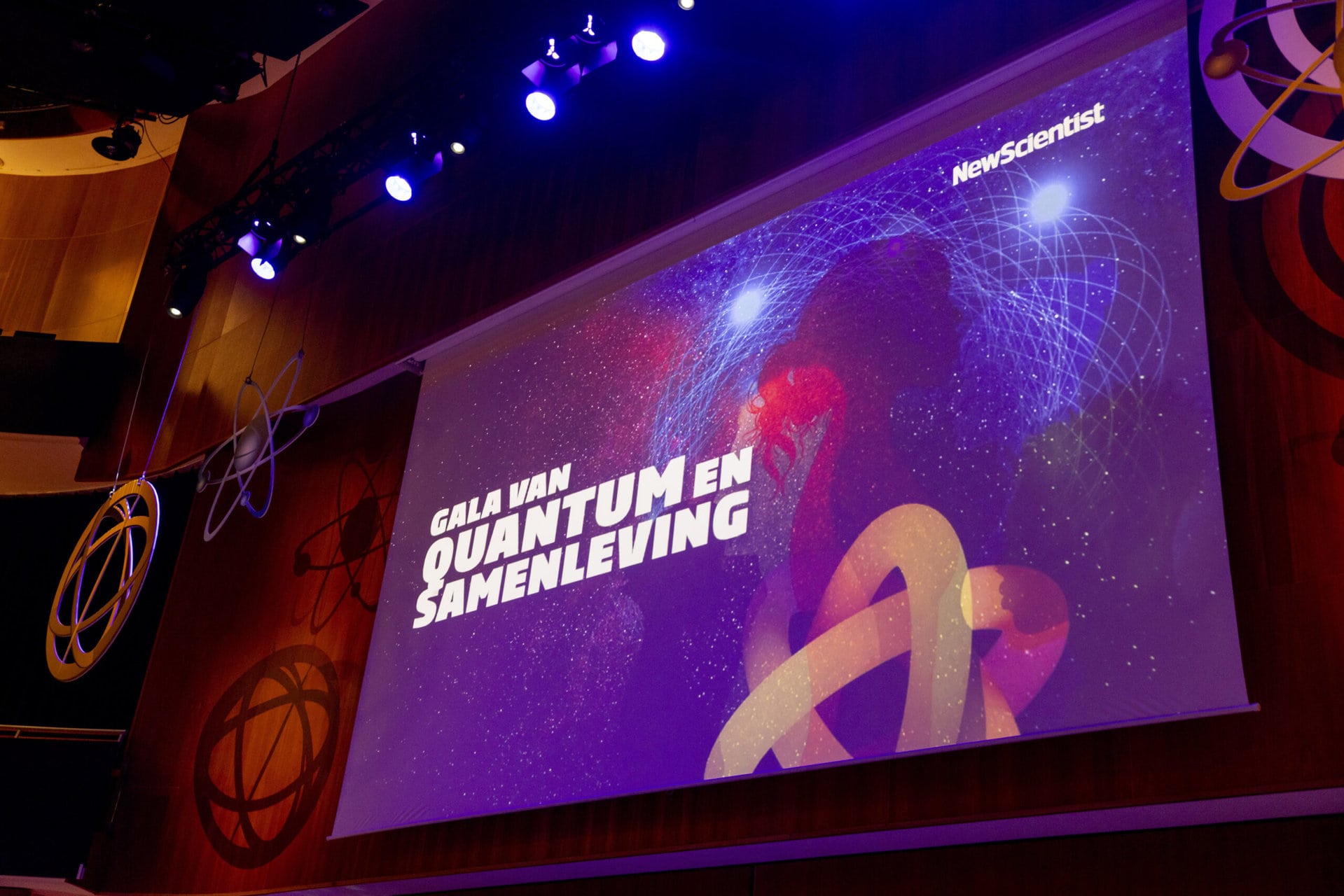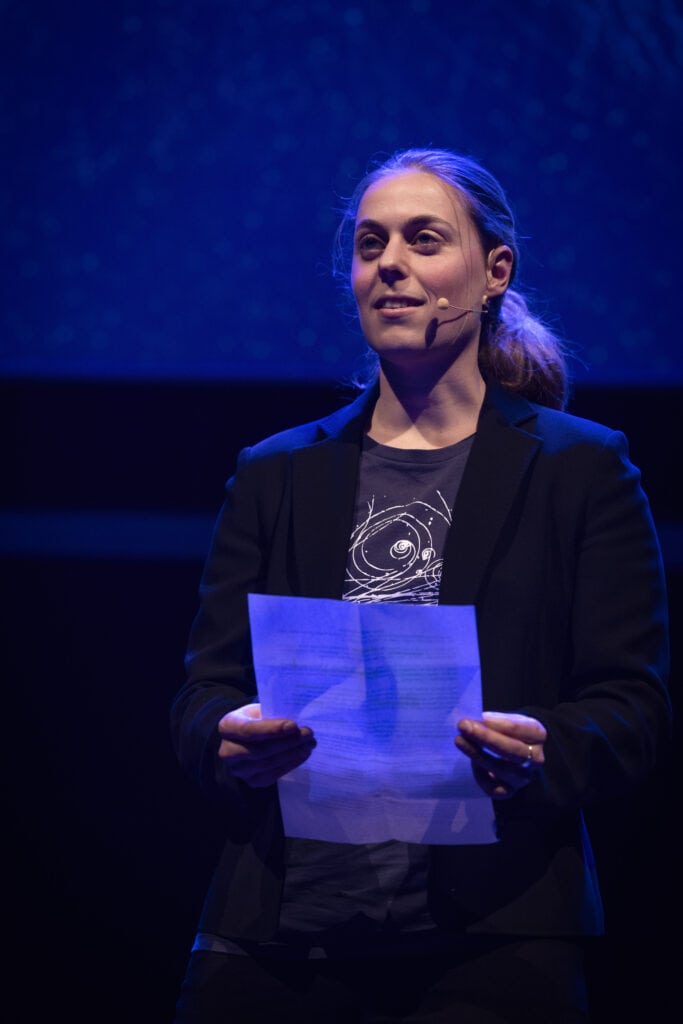
Quantum, is this magic or science?
On 14 March 2024, the Quantum and Society Gala was held at the Tivoli Vredenburg in Utrecht. Science journalist Doreen Schenk submitted this column.
“The new quantum technology you wrote about is just magic,” an acquaintance of mine told me. “It's better than magic,” I joked. “It's science.”
I then tried to explain that entanglement seems mysterious, but it strictly follows the laws of quantum mechanics and has been proven experimentally. He looked glassy and then concluded with a smile: “If I can't see it, it's magic to me.”
Read also
How drinkable is sea level rise?
Water shortages and surpluses at the same time threaten human civilization. Can they make the sea drinkable?
The word “magic” is mentioned often in conversations about quantum. I often start to stutter, but I myself contribute to the mysterious atmosphere surrounding quantum technology. In the articles I write about them as a science journalist, I use words like: elusive, strange, bizarre, counterintuitive, and scary.
Quantum extends beyond basic science. Quantum technology, such as quantum computers and the quantum Internet, is expected to have a significant impact on our society. Thus, the topic is no longer limited to popular scientific journals, podcasts or rare articles when the Nobel Prize is awarded. The term quantum seeps into the media and reaches a wider audience.

In news reports that journalists like me write about quantum technology, we try to explain the quantum physics behind it. We write about qubits that can not only be one or zero, but may also be a combination of the two – just like Schrödinger's cat, which we pull by the scruff of the neck at every opportunity.
But readers rarely find a toaster in two places at the same time in their daily lives. In an effort to keep them from getting upset by our articles, we sprinkle in words that underscore their potential confusion. 'No problem. Not you. Quantum behavior is just weird, weird, crazy, scary, and maybe even a little magical.
But the formulas and calculations that quantum physicists and quantum technologists work with are not magic spells. It's science.
Maybe I should acknowledge this in my articles and not cover the quantum world with a shroud of mystery. I don't dare say that I completely understand quantum physics. But after years of communicating with it, attending lectures about it and talking to quantum physicists, it no longer seems strange or magical. Unintuitive quantum behavior is almost commonplace. Shouldn't I try to convey this feeling to the readers?
After all, we don't talk about regular, classic computers as if they were something mysterious, despite the fact that few people understand exactly how a computer works. Computers are reliable. Thanks to the work of computer scientists, which once seemed magical, we now find it normal to send messages to the other side of the world, access a wealth of information, or buy a pair of shoes from the comfort of our sofa for just a little. Clicks.
Maybe in a few years we will find it normal to send messages over quantum networks and connect to a quantum server for games.
This is the magic of science.

“Travel enthusiast. Alcohol lover. Friendly entrepreneur. Coffeeaholic. Award-winning writer.”
